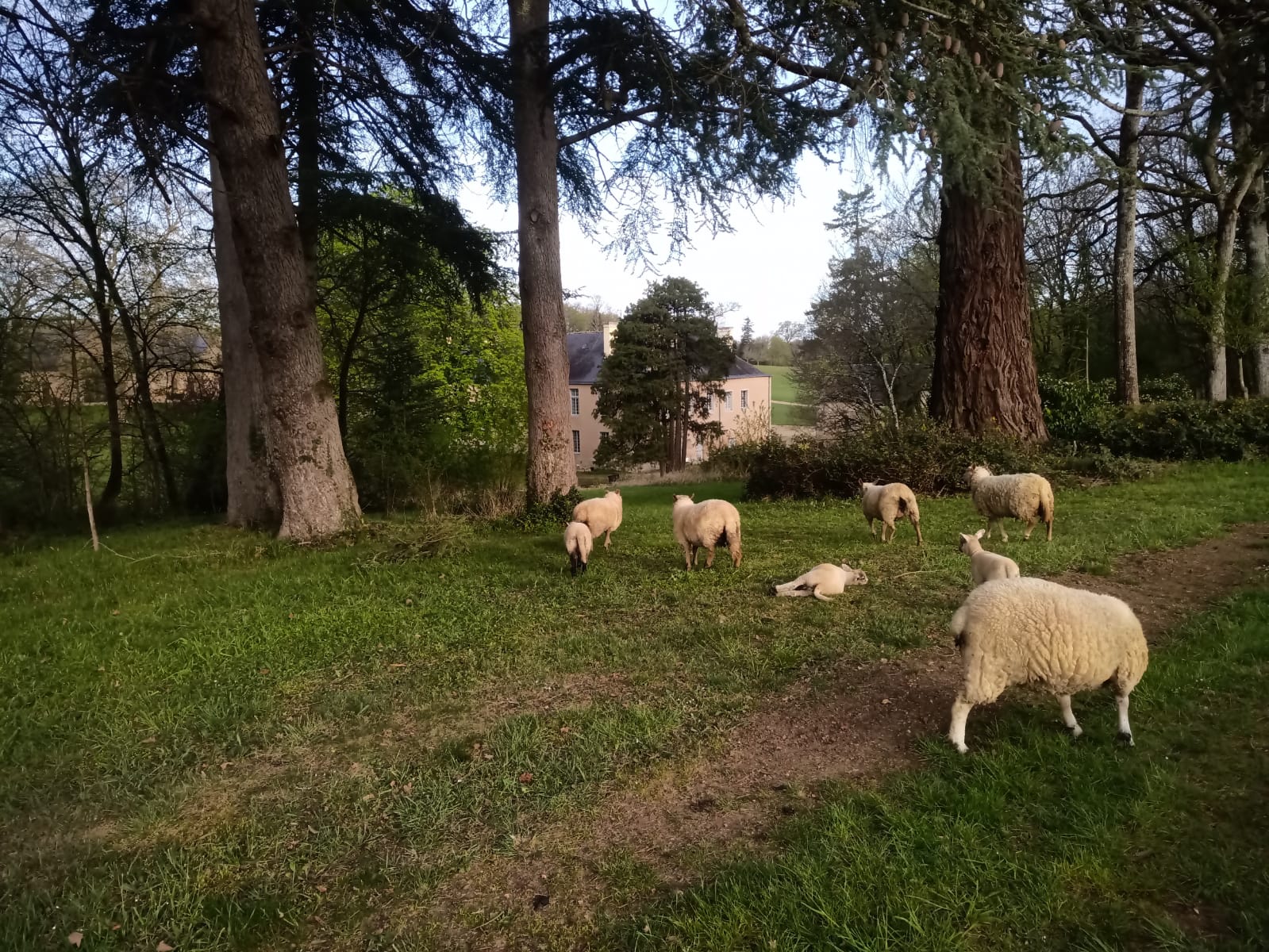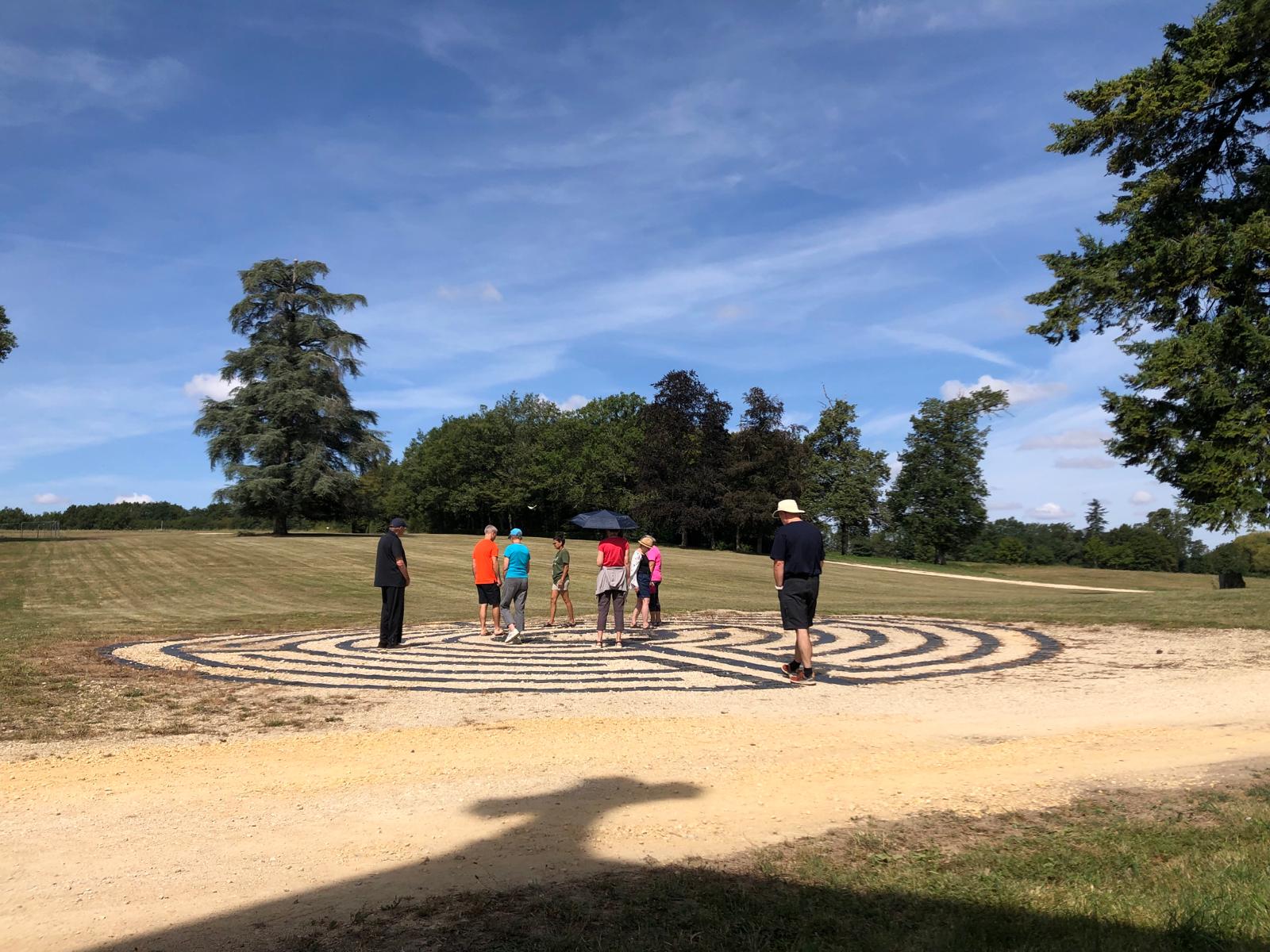If we misunderstand meditation and don’t see it as prayer, as a spiritual discipline, but instead see it as a form of relaxation, a way of dealing with the stress of life, or even as a way of escaping into our imagination and fantasies, we can practice for years without any increase in awareness or resulting transformation. In fact, the ‘ego’ will block our progress and will merely reinforce the illusions we have of ourselves and others. Rather than it being a way of coming to self-knowledge it becomes an effective way of suppressing our worries and thoughts.
Moreover, rather than taking time to experience the silence and stillness by leaving our thoughts behind in meditation, we prefer to spend the time to use our rational mind to understand intellectually the Higher Reality we feel drawn to. The one thing philosophy and theology soon teach us, though, is the basic limitation of our rational capabilities. Clement of Alexandria (2nd Century) was the first Christian Church Father to express the thought that God was beyond our understanding: “God….. is ineffable, beyond all speech, beyond every concept, beyond every thought…God is not in space, but above both place and time and name and thought. God is without limits, without form, without name.”
There are no ultimate right answers about the Divine; ideas often contradict and supplant previous attempts. All theories and theologies are limited personal attempts at interpretation. The closest we can come to true revelation and wisdom is when contemplation and theology go hand-in-hand. The Early Church was very aware of this: ‘He who prays is a theologian and a theologian is he who prays.’ (Evagrius) Only in spiritual experience is real knowledge of this Ultimate Reality communicated at a deep intuitive level. But as mystics of all ages and cultures have pointed out to convey these transpersonal experiences adequately in language – an unreliable and limited mode of expression – is very nigh impossible. John Main quotes Alfred Whitehead in ‘Word into Silence’, as saying: “It is impossible to meditate on time and the mystery of the creative passage of nature without an overwhelming emotion at the limitations of human intelligence.”
The key is experience through deep silent prayer. The importance of this is shown in the life of St Thomas Aquinas. After a life-time of writing and theorising about the Divine, he had a spiritual experience, which made him intensely aware of the uselessness of our attempts at rationalising. He saw all his writing as “straw” and wrote no more.
The quest for understanding is a natural and laudable one. But it is our ‘ego’ aspect that loves to theorise about Ultimate Reality and is always fascinated by other people’s attempts, even to the extent of wanting to surpass them. Theorising, philosophising, theologising is a pleasant safe activity. It is an ideal way of avoiding the real work that needs to be done. Meditation is the royal road to experiencing this Ultimate Reality.







